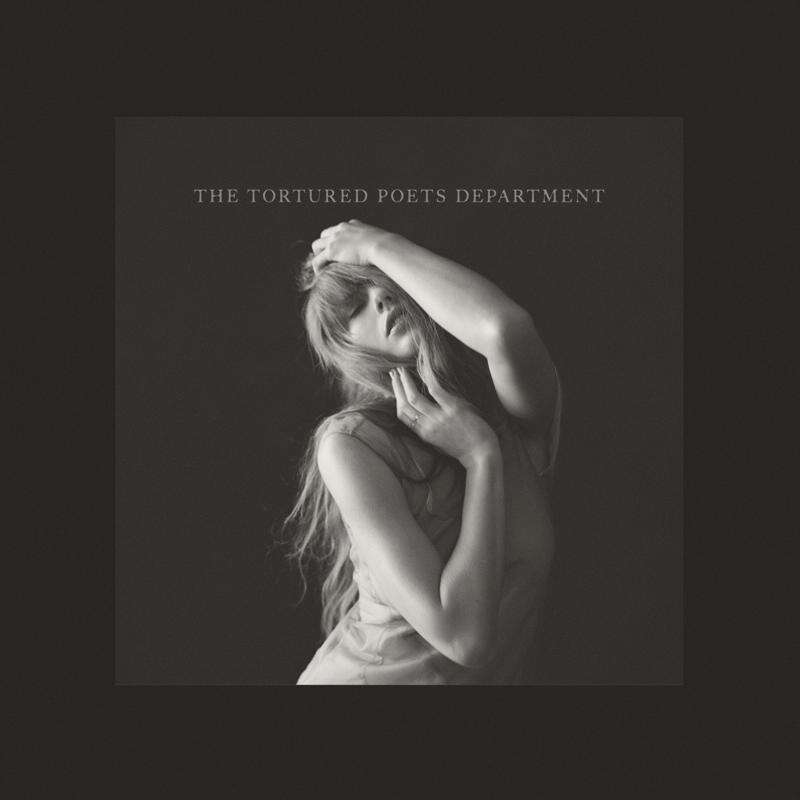Local high school senior CJ Noonsab flips through the pages of the journals he kept as a sophomore and feels as if he is reading someone else’s words. Back then, his life was defined by depression and thoughts of suicide — the byproducts of three moves, a father in prison and no friends in a new city.
“I didn’t know anybody,” Noonsab said. “There was no outlet for me, which is why I started writing. They say writing is a poor man’s therapy, and I believe in that.”
Today, Noonsab is college-bound, writes science fiction and poetry and dreams of becoming a linguist. He found hope and community at Barrio Writers, a nonprofit that hosts free writing workshops for underprivileged teenagers across Texas and Southern California. Founded in 2009 in Santa Ana, California, by author Sarah Rafael García, Barrio Writers has grown through partnerships with cultural centers and universities, including UT, who believe in its mission.
“Barrio Writers became an idea that said, ‘Let’s create a safe space for youth that will empower them through creative writing, teach them a path to higher education by letting them know of the resources and also give them cultural empowerment,’” Rafael García said.
Rafael García said she drew the inspiration for Barrio Writers from her own experiences as the daughter of immigrants. In high school, administrators shuffled her to an alternative school and she dated a gang member. She wrote throughout this time, but refused to share her stories with people outside her family until she was 30. Now, as she witnesses the teenagers share stories with each other, she said she feels like she is making up for lost time.
“When I see the youth go through [Barrio writers], I see them become their own support system,” Rafael García said. “They are detached from the labels of our society or that they put on themselves. They know that they’re not alone, that there’s other youth going through the same thing, and they’re surviving.”
Workshop instructors encourage participants to think and write freely in whichever language they choose. They also allow the use of swear words, a taboo in most school assignments.
“Our thing is owning our voice,” Noonsab said. “So I think cussing and using other languages is a very important tool for people who don’t have the words, like when ‘big as shit’ is easier to say than ‘gigantic.’”
The workshops also expose students to works written by people of color. Noonsab said the workshops helped him accept his ethnic background — his mother is Thai, his father Mexican — and find a
community of friends.
“It’s like this overwhelming happiness feeling that I don’t really get a lot,” Noonsab said. “It’s really unique, because I didn’t even have it when I was home, with my normal friends. I realized that with my friends now compared to my friends then, there’s such a difference with their racial attitudes and the things they say. Now, it’s like we see less of race and more of people.”
When Rafael García reflects on the staying power of Barrio Writers, she thinks about the first workshop she hosted. Thirty kids arrived, only to realize that the meeting center had locked them out. So the kids leaned against the walls and wrote, their notebooks nestled between their knees.
“When people say that youth are not focused or youth are not into literature, I have that picture,” Rafael García said. “The youth keep showing up. The adults and the institutions, they may fail me. But the youth never fail me.”















